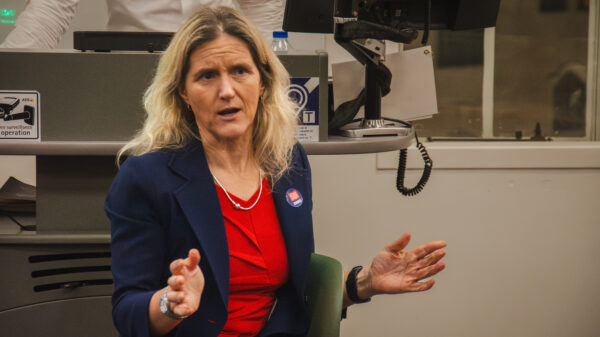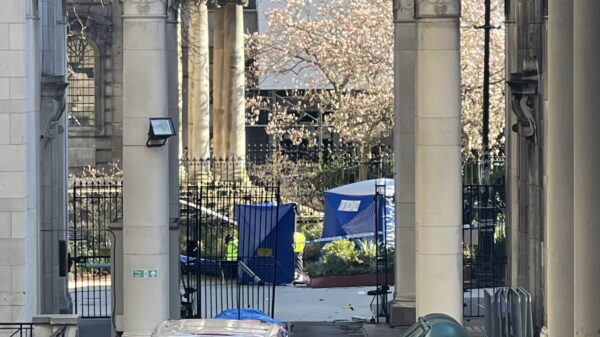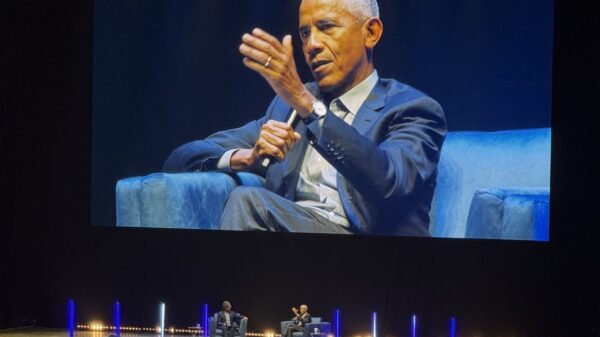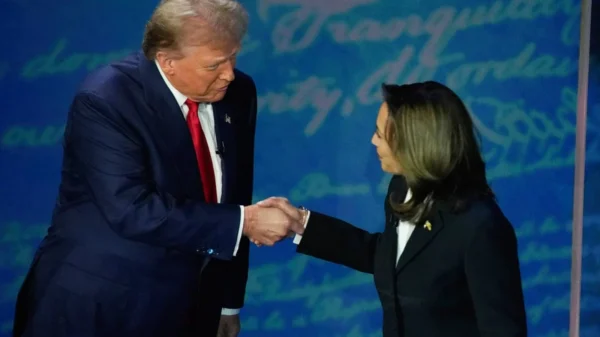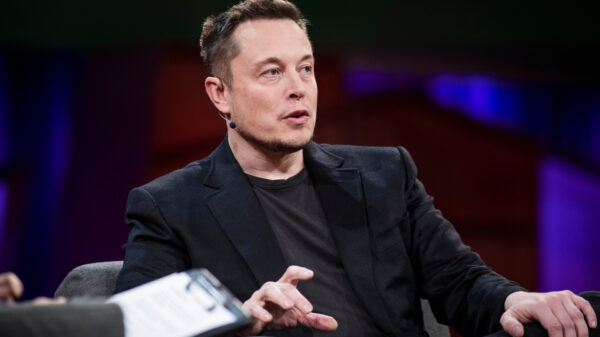Staff writer Saskia Catton explores the campaigns and themes that decided the New York City Mayoral election.
“You showed that when politics speaks to you without condescension, we can usher in a new era of leadership” – Mamdani in his victory speech
Zohran Mamdani has won the New York City mayoral race with over 50% of the vote, defeating former Governor Andrew Cuomo and Republican candidate Curtis Sliwa. In doing so, the shockwaves from that result could stretch well beyond the five boroughs of New York City as the 2028 election starts to loom over national politics.
Background
After a decade in the state governor’s office, Cuomo made a late bid for mayor as an independent candidate after losing the Democratic primary to the city’s new mayor-elect. His decision to remain in the race was a bold comeback attempt after resigning as governor in 2021, following numerous sexual harassment allegations. Having been reluctantly endorsed by President Trump, his final strategy included pressuring Sliwa to drop out of the race to consolidate the anti-Mamdani vote.
As founder of the Guardian Angels, Sliwa ran a law and order campaign aimed at outer-borough conservatives and focusing on the concerns of traditional Republican voters. Sliwa ultimately refused to cede to Cuomo, though his vote share of just over 7% would not have been enough to help Cuomo defeat Mamdani.
Mamdani rose from outside the traditional centres of power: a relatively unknown state assemblyman who built his name through organising for tenant rights and helping low-income homeowners fight off eviction during the foreclosure crisis. Mamdani’s socially buoyant campaigning did more than just resonate with residents struggling with housing costs – it mobilised young people, immigrants, and civically active voters across the city, drawn to his progressive vision.
Mamdani’s victory raises a key question: what drove New Yorkers to deliver this unprecedented win?
Housing and Cost of Living
New York City’s tumultuous rental market was an inevitable issue for this election. Nearly nine in ten neighbourhoods are unaffordable for married couples, and almost all are out of reach for singles. Recent data shows that median rents are now pushing above $3,500 following a 5.4% increase, with middle-class households and low-income renters alike feeling the squeeze as one in five households spend over half of their income on rent.
Mamdani’s campaign has been anchored on the issue of affordable housing, having comfortably won the support of renter-majority districts during the Democratic primary. His pledges include freezing rent increases on rent-stabilised apartments and raising taxes on New Yorkers earning over $1 million per year to build more housing. This is complemented by an ambitious goal of building 200,000 affordable, rent-stabilised homes over the next decade.
By contrast, Cuomo argued that freezing rent would threaten landlords with bankruptcy and would only delay inevitable rent increases in the future. He also criticised Mamdani for living in a rent-stabilised apartment himself, which he claimed a “poor person is supposed to have”, despite having occupied a rent-stabilised apartment in his younger years.
As the candidates sparred over solutions, it was clear that housing would certainly be cemented in voters’ minds as they headed to the polls.
Progressive Swing in the City
With Cuomo being perceived as the ‘same old’ status quo of liberal politics, many progressive New Yorkers rallied behind Mamdani’s grassroots movement. He drew support and endorsement from other democratic socialists such as Alexandra Ocasio-Cortez and Bernie Sanders, strengthening his appeal among the city’s progressive and activist bases.
Mamdani’s background as a Ugandan-born South Asian Muslim immigrant was able to strike a chord with New York’s diverse electorate, stressing that New York will remain a city “built and powered by immigrants”. This was reinforced throughout his campaign by producing multilingual campaign videos and pledging to block Immigration and Customs Enforcement (ICE) deportations following a recent surge under the Trump administration.
He significantly deviated from his opponent’s stances on Israel and the Jewish voter bloc in New York, with Cuomo staunchly supporting Israel. Sliwa had previously faced allegations of using antisemitic rhetoric, yet criticised Jewish supporters of Mamdani during the election. Although he made no secret of pro-Palestinian activism, he has simultaneously insisted that fighting Islamophobia and fighting antisemitism were obligations that were not mutually exclusive.
Beyond Party & Establishment Lines
As Trump has been forced to admit that the vote was “not good for Republicans”, the GOP is looking towards becoming redundant in New York City. But this election didn’t just expose the shrinking Republican footprint; it signalled the decline of party machines and broader establishment politics. Despite Cuomo’s decade long record of liberal reforms, such as legalising same sex marriage and passing one of the strictest gun control laws in the country, the New York electorate was no longer willing to hand power back into the hands of an elite political class.
“We turn a page on a politics that abandons the many and answers only to the few” – Mamdani in his victory speech
Part of Mamdani’s appeal was his eagerness to combat elites both within New York City and in the Oval Office. He has repeatedly pledged to stand up to the Trump administration, calling himself “Trump’s worst nightmare” as he issued a direct call for him to “turn the volume up” during his victory speech. More locally, he had unsettled many of the city’s wealthiest and powerful real-estate tycoons with his promise to freeze rent and raise taxes. Millions of dollars were spent backing Cuomo’s campaign in an attempt to prevent this, including Michael Bloomberg’s contribution of over $8 million to a super PAC supporting Cuomo’s candidacy. Mamdani’s victory showed that a bottom-up campaign can successfully rival traditional channels of power.
Trump’s Response
The president did not hide his frustration with the outcome. Trump had frequently vilified Mamdani as a “communist lunatic”, calling his victory a “terrible thing for our country” and “a danger to New York City”. Ahead of the election, Trump threatened not only to slash New York City’s federal funding but also to deploy the National Guard in the city if Mamdani were to be elected. He even went as far as to propose the arrest and deportation of Mamdani despite his naturalised status.
Following Mamdani’s direct challenge to the president during his victory speech, Trump has retaliated with an ominous warning on Truth Social: “…And So It Begins!”.
New York City has spoken: a new era of leadership has commenced.





